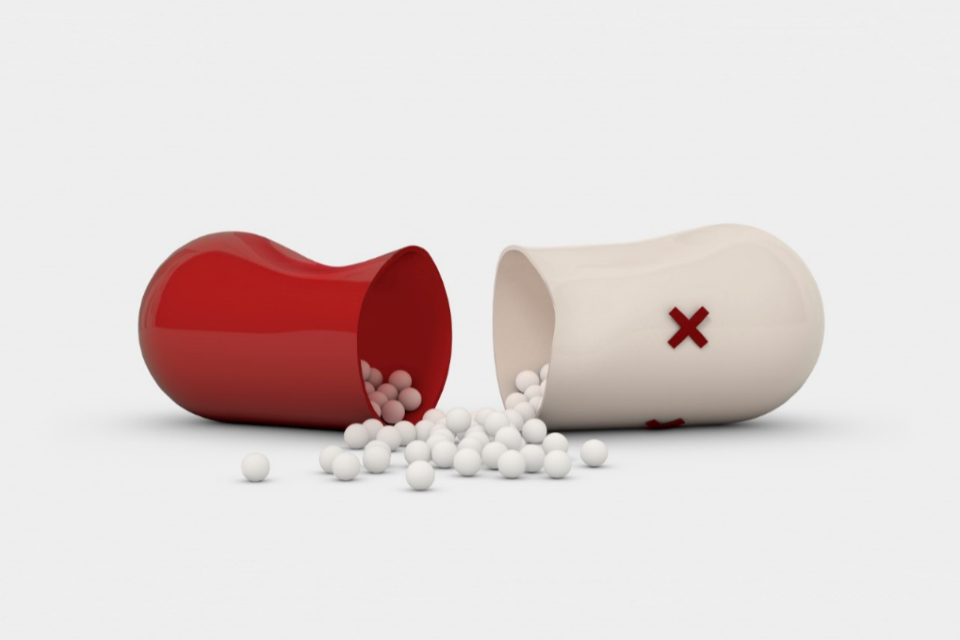
New antibiotic-resistant infections rise to 178 per day in England
Published By GOV.UK [English], Wed, Nov 18, 2020 4:55 AM
The antimicrobial resistance (AMR) report, published at the start of World Antimicrobial Awareness Week (WAAW), 18 to 24 November, shows there were an estimated 65,162 AMR infections diagnosed in 2019, up from 61,946 in 2018.
E. coli remains the most common bloodstream infection, rising 14% from 68.3 cases per 100,000 population in 2015 to 77.5 in 2019.
AMR occurs when bacteria, viruses, fungi and parasites no longer respond to the drugs designed to kill them – it can cause serious complications, including bloodstream infections and hospitalisation.
Public Health England (PHE) is urging people to help tackle AMR by taking their doctor, pharmacist or nurse’s advice to only take antibiotics when needed.
The continuing rise in AMR bloodstream infections is a significant concern, rising by a third (32%) since 2015 – with AMR linked to 1 in 5 people with a key bacterial bloodstream infection. Antibiotic-resistant bloodstream infections have increased from 13,671 in 2015 to over 18,000 in this year’s report.
Antibiotics are vital to the treatment of bacterial infections such as pneumonia, meningitis and sepsis. They also help to protect against infection during chemotherapy, caesarean sections and other major surgeries.
However, they are sometimes used to treat coughs, earache and sore throats where they may have little or no effect.
When antibiotics are used and overused, the bacteria they are meant to kill can adapt and develop resistance, making these life-saving medicines ineffective when they are most needed.
The new report shows that antibiotic consumption continues to fall year-on-year. In 2019, total consumption fell to 17.9 defined daily doses per 1,000 people per day, compared to 19.4 in 2015.
This is driven by a continued decrease in general practices, where most antibiotics continue to be prescribed, as well as in the dental sector. GPs have been supported to reduce their prescribing through antimicrobial stewardship interventions and NHS improvement schemes.
Hospitals and other community settings have seen increases in antibiotic prescribing. This is because bloodstream infections, which must be treated with antibiotics, are on the rise and are generally treated in these settings.
Isabel Oliver, Director of National Infection Service at PHE, said:
We want the public to join us in tackling AMR – listen to your GP, pharmacist or nurse’s advice and only take antibiotics when necessary.
It’s worrying that more infections are becoming resistant to these life-saving medicines. Taking antibiotics when you don’t need them can have grave consequences for you and your family’s health, now and in the future.
WAAW aims to increase awareness of global antimicrobial resistance and to encourage best practice among the general public, health workers and policy makers to avoid the further emergence and spread of drug-resistant infections.
Public Health England press office
Wellington House
133-155 Waterloo Road
London
SE1 8UG
phe-pressoffice@phe.gov.uk
Telephone
020 7654 8400
Out of hours
020 8200 4400
Press release distributed by Media Pigeon on behalf of GOV.UK, on Nov 18, 2020. For more information subscribe and follow